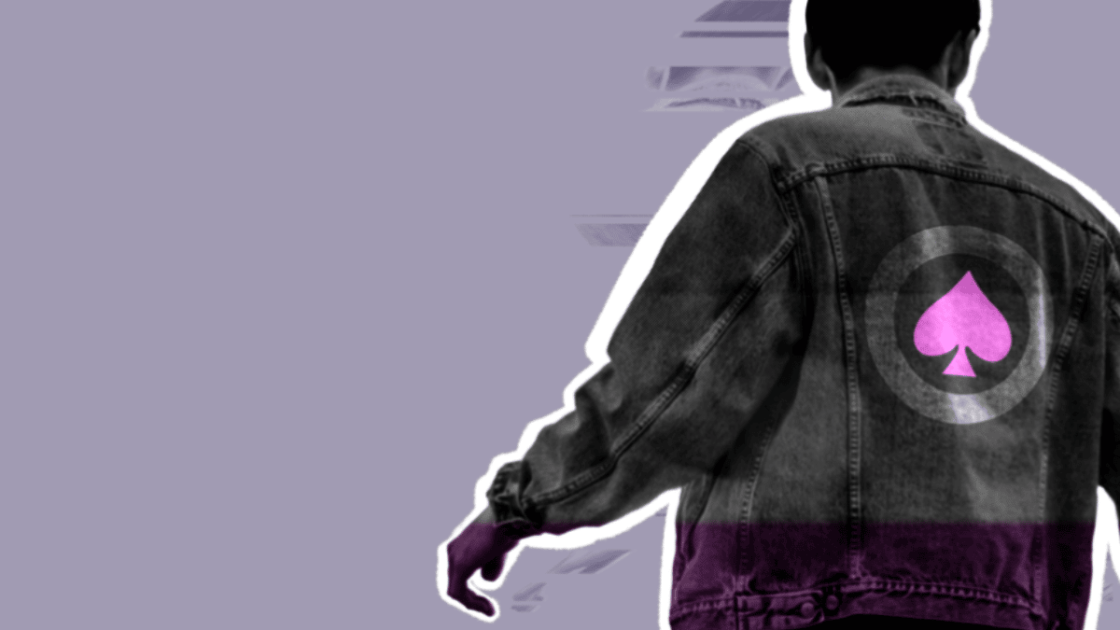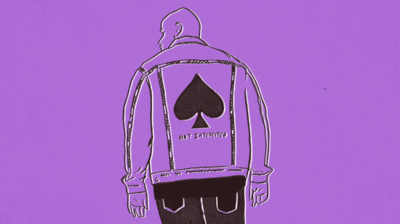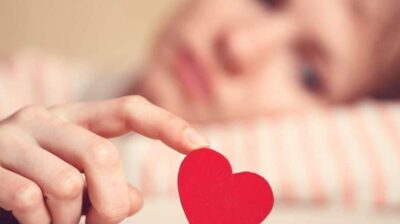What is asexuality?
Being asexual means you experience little to no sexual attraction or desire.

Being asexual means you experience little to no sexual attraction or desire. Being asexual does not mean something is ‘wrong’ with you or that your sexual desire is ‘broken’ and needs to be ‘fixed’. People of all ages, backgrounds or sexual identities can be asexual.
There are many terms that come under the asexual identity, and not all of them are included in this article. We understand that if your particular sexual identity isn’t represented or accurately described by popular terms, you could feel alienated and alone. But however you identify is equally important, even if there’s no popular word out there that describes it. You might just be a bit ahead of your time, and society and language will catch up with you eventually.
What identities are asexual?
The term asexual umbrella (or asexual spectrum) covers all of the identities related to asexuality, including asexual, grey-asexual, and demisexual. The word ace is a shorthand for the identities that fit within the asexual umbrella, and it can also be used to refer to a person who identifies with the asexual umbrella. For example, an ace person might identify as asexual, grey-asexual, or demisexual.
What is demisexual?
The word demisexual describes an identity where a person usually only experiences sexual attraction if a strong emotional bond is present; although this bond is required for attraction, it is not a guarantee that they will be attracted in all circumstances.
What is grey-asexuality?
Grey-asexuality includes a wide range of experiences, such as:
- Experiencing sexual attraction rarely
- Only experiencing sexual attraction under specific circumstances
- Moving between periods of experiencing sexual attraction and periods of not experiencing sexual attraction
Do asexual people experience attraction?
Many asexual people experience different forms of attraction such as romantic, aesthetic or sensual.
- Romantic attraction usually involves feeling a connection, intimate bond, or love for a person
- Aesthetic attraction means being attracted to someone’s appearance, meaning how they look
- Sensual attraction means wanting to do things such as hug, kiss, hold hands or cuddle with someone but not engage in any sexual activity such as anal, oral or vaginal sex, or the sexual touching and rubbing of genitals.
Asexual people can identify as gay, straight, lesbian, bi, or any sexual identity. Asexual people who experience different types of romantic, aesthetic, or sensual attraction might have these attractions for men, women, non-binary people, or people of any gender.
An asexual person who has romantic feelings for people of a different gender to themselves may identify as a heteroromantic asexual. An asexual person who has romantic feelings for people of the same gender as themselves may identify as a homoromantic or biromantic asexual.
Do asexual people have sex?
Although asexual people experience little to no sexual attraction or desire, they might still choose to have sex. The reason an asexual person may have sex can vary, but can include wanting to pleasure themselves or their partners, or if they want to become pregnant. Sex includes activities such as anal, oral or vaginal sex, or the sexual touching and rubbing of genitals. Other asexual people may choose not to engage in sexual activity.
Do asexual people want to have relationships?
Just as with a sexual person, asexual people experience a range of emotional needs. Like sexual people, some asexual people will want to have romantic relationships whereas others will be happier with friendships or choosing to be on their own. Regardless of whether a relationship is sexual or non-sexual, they are often built on the grounds of closeness, shared interests, fun, trust and care for one another.
Do asexual people get aroused?
Some asexual people may regularly be aroused (turned on/sexually excited), but when they feel this way they still do not feel the need to have sex with another person. Many factors can cause a person to become aroused such as an increase in certain hormones during their menstrual cycle (the monthly cycle that controls when a person can get pregnant and get their period). Other people may get aroused at certain times of the day, such as in the morning.
Some asexual people when they are aroused will choose to masturbate, sexually pleasuring themselves, but will still feel no desire to have sex with another person. Other asexual people will experience little to no arousal.
Does asexuality differ from other sexual identities?
Sexual identity is an extremely personal thing that changes from person to person. Asexuality is just like any other identity, and people use identifying language, such as gay/lesbian/bisexual, to help communicate that part of themselves to others. Everyone’s sexual identity can change over the course of their lives, but for some, their sexual identity will be continuously the same. Regardless of a person’s sexual identity, you should never ask someone if they think their sexual identity will change or if it is a phase.
Read lived experiences from asexual people in Ireland
50808
Feeling overwhelmed or want to talk to someone right now?
- Get anonymous support 24/7 with our text message support service
- Connect with a trained volunteer who will listen to you, and help you to move forward feeling better
- Free-text SPUNOUT to 50808 to begin
- Find out more about our text message support service
If you are a customer of the 48 or An Post network or cannot get through using the ‘50808’ short code please text HELLO to 086 1800 280 (standard message rates may apply). Some smaller networks do not support short codes like ‘50808’.






